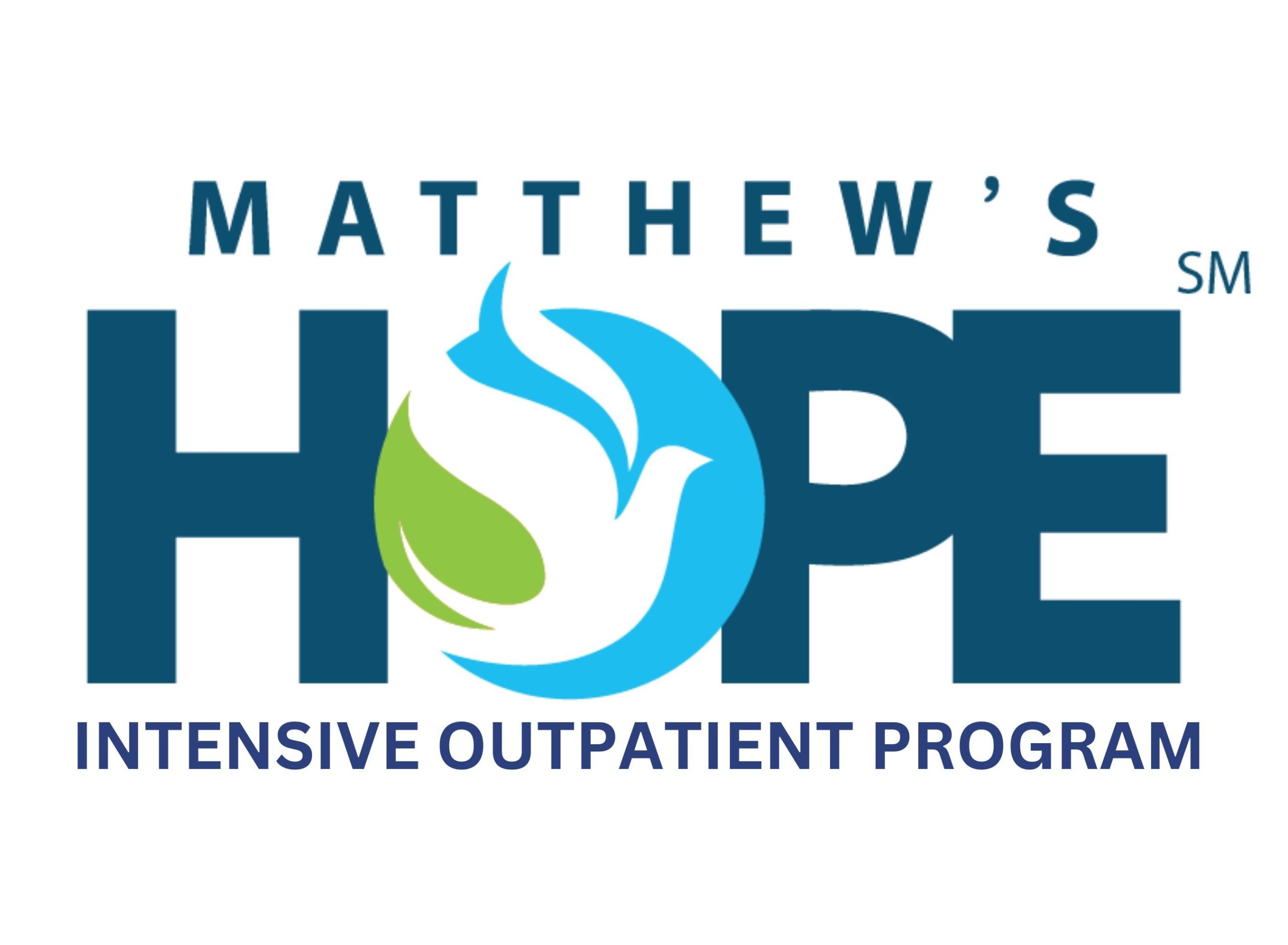Family involvement is integral to the recovery process. Often, addiction can end up harming an individual’s relationships with their family and friends. Because addiction is a family disease, the right family programs can help you achieve a long-lasting, healthy recovery.
How Addiction Is a Family Disease
Sometimes, unhealthy family dynamics can fuel addiction. In other cases, families end up suffering alongside their loved ones. The emotional turmoil and financial difficulties caused by addiction can end up affecting everyone in the family.
For instance, many family members have lasting anger and resentment about their role. They may feel isolated or ashamed because of their loved one’s substance abuse. Often, families don’t feel like there is anyone out there to provide them with the help they need.
Good family programs help to heal rifts between all of the family members. Often, substance abuse can cause negativity in the way people communicate within the family. Loved ones may try to keep the peace as a coping mechanism, which can cause them to ignore their own needs.
Substance abuse can also affect young members of the family. Children may feel confused or upset. If the child doesn’t get the right treatment, they may end up repeating unhealthy relationship behaviors as they grow up.
What Family Programs Are Available?
At Matthew’s Hope Intensive Outpatient Program, we help clients and their families through phone sessions.
During the first day, a counselor will reach out to family members to talk to them about the process. They’ll help them understand the IOP process, what to expect, goals, and the overall timeline.
Throughout the program, families can take part virtually, via phone, or in person.
Families Need Help, Too
Often, people focus entirely on the individual’s addiction. They forget about family members and friends who have struggled as well. Because addiction is a family disease, it is important for family members to get supportive services during rehab.
To help with healing, our family programs include a one-hour session after each SUD session. This face-to-face meeting is a chance for each person to visit with their family member. For person-centered treatment to be effective, all of the people involved must get the help they need.
The initial SUD program and the face-to-face session are both important parts of treatment. Many family members feel intimidated or ashamed about getting help for an addiction, so they need extra help understanding the addiction process and treatment. Additionally, the face-to-face portion of the day helps families reconnect as they discuss the individual’s addiction, recovery, and family relationships.
Start Your Recovery Right Away
At Matthew’s Hope Intensive Outpatient Program, you and your loved ones can find the family programs you need. Our IOP program encourages family involvement because the entire family needs to heal from the addiction. If families still experience the same dynamics and unhealthy behaviors, it can impede a healthy recovery.
At Matthew’s Hope Intensive Outpatient Program, no one has to become sober alone. Our IOP program has family sessions and educational programs for loved ones and their family members. If you or a loved one needs help, reach out to us today to get started.



